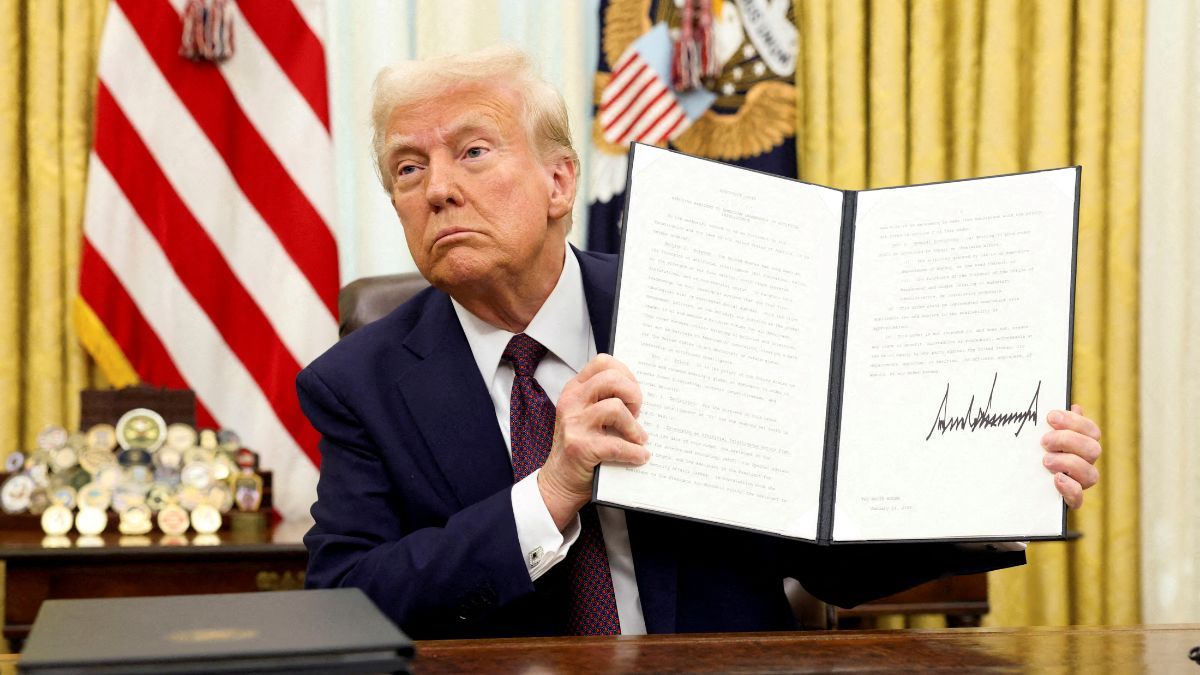Trump's Surge of Executive Orders: Impact on Global and Domestic Health Policies

In his first two weeks as US President, Donald Trump has signed multiple executive orders that aim to drastically alter healthcare policies, foreign aid priorities, and global health initiatives. While some see these measures as necessary steps toward reduced federal intervention in healthcare, critics worry about the potential consequences for public health, particularly regarding Medicaid and Affordable Care Act beneficiaries.
One of the most significant moves is the revocation of directives aimed at strengthening Medicaid and the Affordable Care Act. This executive order sets the stage for future policy changes that could lead to reduced coverage, higher costs, and fewer protections for individuals with pre-existing conditions. Critics argue that this move will hurt vulnerable populations and undermine healthcare reform.
Furthermore, Trump has rolled back US participation in global health initiatives, including the National Security Council Directorate on Global Health Security and Biodefense, which played a crucial role in coordinating the national response to COVID-19. This revocation raises concerns about the nation's preparedness for future pandemics.
The US withdrawal from the Paris Agreement is another notable decision, with critics urging all countries to respect the accord due to its importance in addressing climate change and extreme weather events.
In addition, Trump has announced that the US will exit the World Health Organization (WHO), citing concerns over the organization's handling of the COVID-19 pandemic and perceived lack of independence from political influence. This move positions the US as the only nation to leave the WHO aside from Liechtenstein.
A broader impact of these executive orders can be seen in the 90-day pause on all US foreign assistance programs, including initiatives to combat HIV/AIDS, malaria, and tuberculosis. This policy shift raises questions about how global health efforts will be affected by reduced funding and cooperation.
Lastly, Trump signed an executive order defining sex as an "Immutable binary biological classification," which has significant implications for LGBTQ+ communities and global health programs that serve vulnerable populations.
These sweeping changes to US healthcare policies and foreign aid commitments are likely to have far-reaching consequences for public health, international relations, and human rights.
